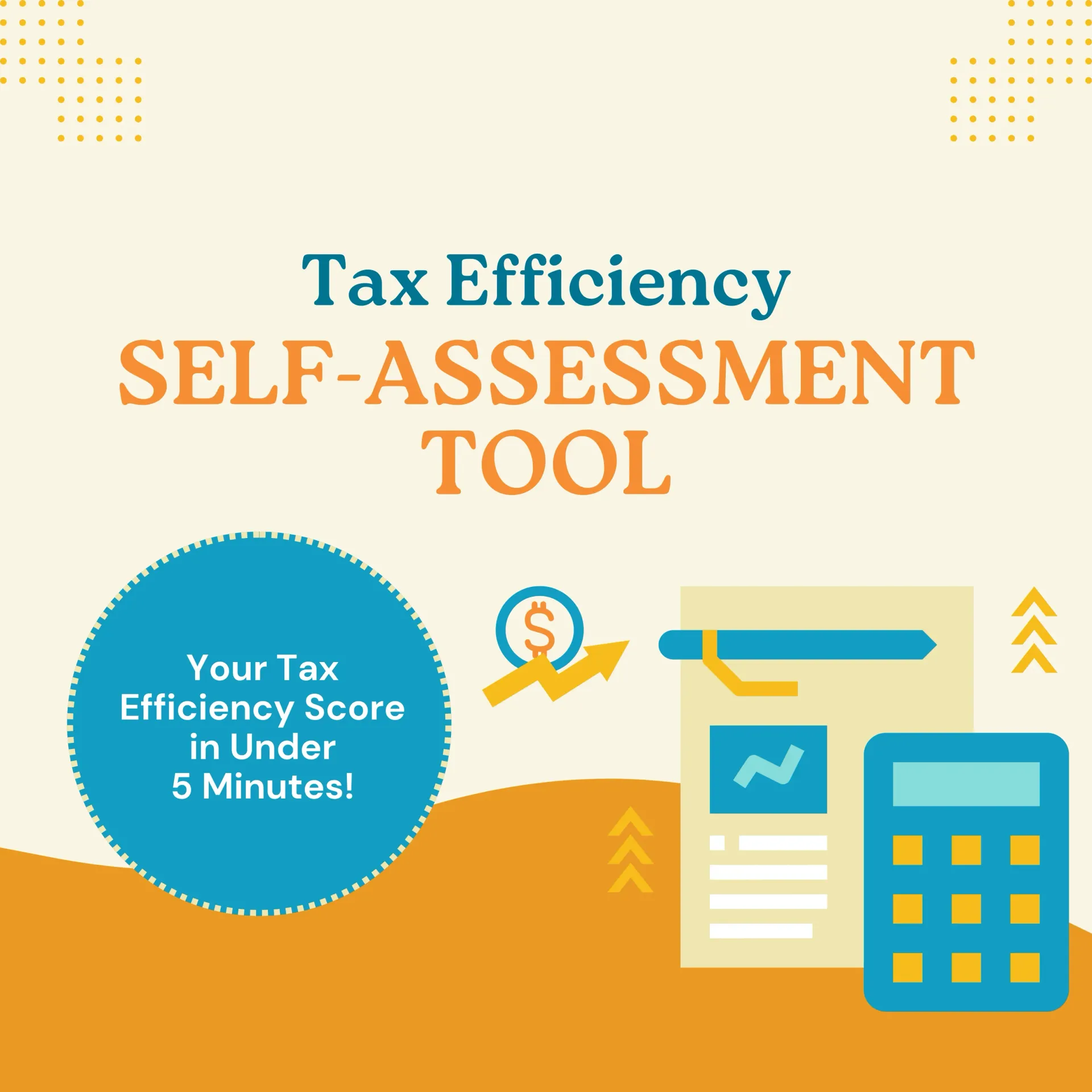The Importance of the Legal Structure for Small Businesses

When embarking on a business venture selecting the structure is a critical decision. The choice you make will impact aspects such as tax obligations, liability concerns, fundraising prospects, and administrative requirements. Small business owners should understand the significance of structures like proprietorships partnerships, limited liability companies (LLCs) and corporations.
It is advisable to seek guidance from a certified accountant (CPA) with expertise in tax regulations, financial planning, and regulatory compliance before finalizing the framework for your business.
What kinds of legal structures can a small business opt for?
It is recommended to determine the structure before registering your business with the state. The selected structure determines the level of control you wield over your business. Various legal frameworks are suitable for small businesses, including the following:
1. Sole Proprietorship
Among businesses, a common form of legal entity is a sole proprietorship. It can prove beneficial for entrepreneurs who wish to test their business concept before committing to a more established business structure.
Control: Operating as a proprietor grants you autonomy in managing your venture.
Liability: In this structure there is no distinction between the owner and the business entity. Your personal finances are closely intertwined with those of your business. If your business accumulates debts creditors may pursue your assets to settle those liabilities.
Tax Considerations:
- When it comes to taxes, business owners disclose their income and expenses on their tax return by completing Schedule C attached to Form 1040.
- Sole proprietors are responsible for paying self-employment taxes, Social Security and Medicare contributions.
2. Partnerships
A partnership involves two or more individuals who collectively own a business. It provides a structure for multiple owners or investors to launch a business idea with less liability or a sole proprietorship. There are two types of partnerships, as follows:
2.1. Limited Partnership (LP)
Ownership: Partners share ownership with the general partner holding control.
Liability: In an LP the general partner assumes liability and control while other partners have limited liability based on their limited control over the company.
Tax Considerations:
- Partnerships themselves do not pay income tax. Instead profits and losses pass through to partners and are reported on their tax returns using Form 1065.
- Only the General partner is required to pay self-employment taxes on their portion of partnership earnings.
2.2. Limited Liability Partnership (LLP)
Control: All partners have ownership rights.
Liability: Each partner has limited liability, meaning they are not personally responsible for partners actions or the partnership’s debts.
Tax Implications:
- Taxation follows a structure like that of a limited partnership. Each partner reports profits and losses on their tax returns.
- The partners are not required to pay self-employment taxes.
2.3. Limited Liability Company (LLC)
An LLC can function as either a single person or a group entity. Owners of LLCs benefit from personal asset protection.
Ownership: Depending on how it's established, the ownership of an LLC can resemble that of a proprietorship or a partnership.
Liability: LLCs provide protection to individuals from liability ensuring that personal assets are safeguarded in case the LLC faces bankruptcy or legal issues.
Tax Considerations:
- An LLC has flexibility in choosing its tax status, which could be structured as a proprietorship (for single member LLCs), a partnership (for member LLCs), or a corporation.
- Single member LLCs typically operate similarly to proprietorships, while multi member LLCs function like partnerships with profits passing through to the owners.
- Members of an LLC are accountable for self-employment taxes on their portion of income.
3. Corporations
Corporations are structures that are separate entities from the officers, board of directors and shareholders.
Control: The corporation is governed by the board of directors and business officers on behalf of its shareholders.
Administrative Requirements: A corporation requires the highest level of record keeping, accounting procedures, and periodic financial reporting, which distinguishes it from other business structures.
Liability: Businesses offer a safeguard against liability for their owners.
Tax implications:
- The corporation is taxed on their profits at a specified corporate tax rate. Furthermore, profits in the form of dividends are taxed again at the shareholder’s tax rate when distributed.
- While the corporate tax rate can be lower than an individual’s rate, double taxation might dissuade small businesses from opting for this structure.
4. S Corporations
An S Corporation is a Small Business Corporation that elects to pass income, losses, deductions, and credits through to their shareholders.
Control: An S Corporation is limited to no more than 100 shareholders and one class of stock.
Liability: Limited liability for the owners/principals.
Tax Implications:
- S corporations do not pay corporate income tax. Instead, profits and losses are passed through to shareholders and reported on their personal tax returns using Form 1120S.
- Since income is not taxed at the corporate level, S corporations avoid the double taxation issue faced by Corporations.
Engaging a Certified Public Accountant (CPA) can prove beneficial for small businesses.
By leveraging their expertise in tax legislation, financial management, and regulatory compliance, CPAs assist business owners in making decisions about their legal structure. They can ensure it aligns with your financial objectives and operational requirements.
- CPAs can aid you by explaining the compliance requirements linked with each legal structure, which include tax filing obligations, record keeping, and reporting standards. They can also evaluate the risks and liabilities associated with each structure.
- Experienced CPAs can assess how various legal structures may impact a business’s tax responsibilities and contribute to shaping your tax strategy. They can provide guidance on reducing tax obligations and utilizing tax benefits.
- CPAs provide financial planning, guidance, and accounting assistance to help streamline business operations, comply with accounting regulations, and promote growth.
- A CPA will evaluate the business annually, prepare financial reports, and ensure that the selected legal structure meets the needs of the business.
- If changes in business growth, financial requirements, or shifts in the business environment necessitate a modification to your company’s structure, a CPA can suggest which format may better suit your needs.
Choosing a framework for a business is a decision that should be approached thoughtfully due to its consequences. Small business owners should assess their situation and seek advice from the accounting professionals at StraightTalkCPAs to determine a suitable legal structure for their organization. Schedule a free consultation with us to discuss your business structure and accounting needs.
Discover Your Tax Savings Score in Minutes!


Salim is a straight-talking CPA with 30+ years of entrepreneurial and accounting experience. His professional background includes experience as a former Chief Financial Officer and, for the last twenty-five years, as a serial 7-Figure entrepreneur.




